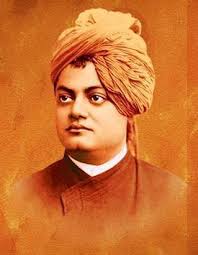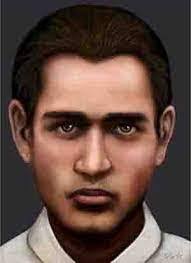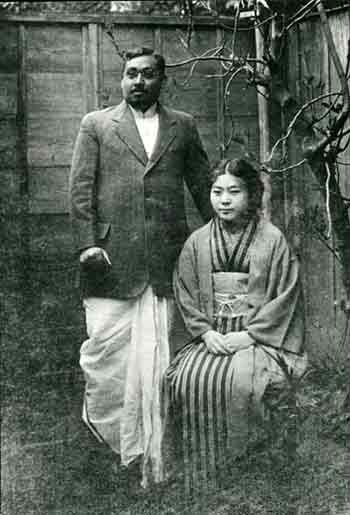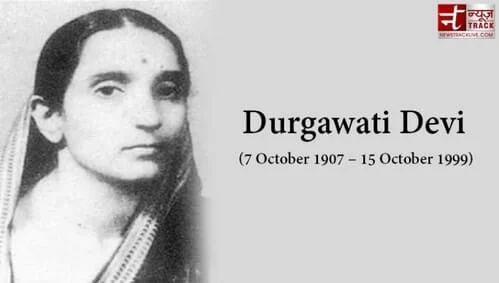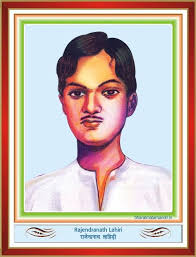Swami Vivekananda was a renowned Indian Hindu monk and philosopher who played a key role in introducing Vedanta and Yoga to the Western world. He was born on January 12, 1863, in Calcutta, India, as Narendranath Datta. Vivekananda was deeply influenced by his guru, Sri Ramakrishna Paramahamsa, and became a prominent figure in the revival of Hinduism in India.
Vivekananda’s teachings emphasized the unity of all religions and the importance of self-realization. He believed that every individual has the potential to realize their divinity and achieve spiritual enlightenment. Vivekananda also stressed the significance of service to humanity, advocating for social reform and the upliftment of the masses.
In 1893, Swami Vivekananda represented India and Hinduism at the Parliament of the World’s Religions in Chicago, where he delivered a historic speech that earned him widespread acclaim. In this speech, he famously addressed the audience as “Sisters and Brothers of America,” and spoke about religious tolerance, universal acceptance, and the need for harmony among different faiths.
After the Parliament of the World’s Religions, Vivekananda traveled extensively in the United States and Europe, spreading the message of Vedanta and Yoga. He founded the Vedanta Society in America and later established the Ramakrishna Math and Ramakrishna Mission in India, organizations dedicated to the service of humanity.
Swami Vivekananda passed away on July 4, 1902, at the age of 39, but his teachings continue to inspire millions around the world. He remains a revered spiritual figure, philosopher, and social reformer, whose ideas on religion, spirituality, and the potential of the human mind are still relevant today.

